Introduction to the National Open University of Nigeria:
Introduction
The National Open University of Nigeria is the largest institution of higher learning in Nigeria and the first university in the country to provide highly accessible and high-quality education.
History and Establishment
In 1976, the National University Commission of Nigeria first proposed the idea of establishing an open university. In 1977, the idea appeared in the national education policy. In 1980, the Presidential Planning Committee submitted a report and was approved. On July 22, 1983, the National Open University of Nigeria Act was approved and signed into law, marking the official establishment of the university.
Overview
Student size: more than 500,000 students.
Learning Center: There are more than 107 learning centers.
Course Setting: 8 colleges, 37 departments, and more than 121 course programs.
School Strength
Faculty: The school has a team of highly qualified teachers who have rich teaching and research experience in various disciplines.
Teaching facilities: Provide high-quality higher education through a variety of methods, including printed materials, face-to-face tutoring, laboratory practice, online learning, radio and television broadcasting, etc.
Nature of the institution
It is a public higher education institution.
Educational philosophy
Its mission is to provide practical, cost-effective and flexible learning methods, and to provide lifelong valuable quality education for all those who seek knowledge.
Key laboratories and disciplines
The key research centers include the Center for Excellence in Immigration and Global Studies, the Center for Human Resources Development, and the Center for Excellence in Technology Enhanced Learning. Disciplines cover agricultural sciences, arts, education, health sciences, law, management sciences, sciences and social sciences, etc.
Faculties
There are 8 faculties including agricultural sciences, arts, education, health sciences, law, management sciences, sciences and social sciences.
Rankings
No specific ranking data for the university in international authoritative institutions has been found.
Fees
Includes 6,000 Naira registration fee, 3,500 Naira deposit, 1,500 Naira orientation fee, 1,500 Naira admission fee, 3,000 Naira library fee, 500 Naira ID card fee, 5,000 Naira ICT management fee, 4,000 Naira e-service facility fee and 10,000 Naira score verification fee, totaling 35,000 Naira.
Campus Environment
The school is headquartered in Lagos and has more than 100 learning centers in six regions of Nigeria. The campus has modern teaching facilities, libraries, laboratories, etc., providing students with a good learning environment.
-
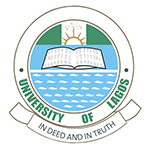
University of Lagos
-
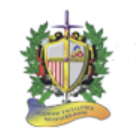
Benson Idahosa University
-
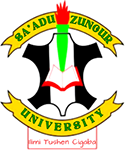
Bauchi State University
-

Federal University of Technology, Akure
-

Tai Solarin University of Education
-
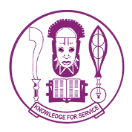
University of Benin
-
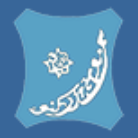
Bayero University Kano
-

Ahmadu Bello University
-

Madonna University
-

Redeemer's University
-

Mesoamerican University
-

Istmo University
-

Mariano Galvez University of Guatemala
-

Regional University of Guatemala
-

Galileo University
-

Francisco Marroquín University
-

Rafael Landívar University
-

University of the Valley of Guatemala
-

University of San Carlos of Guatemala
-

Technological Institute of Tlaxcala Plateau
-

Golfo University
-

Technological University of South Sonora
-

Technological University of Huejotzingo
-

Tizimín Institute of Technology
-

Chilpancingo Institute of Technology

